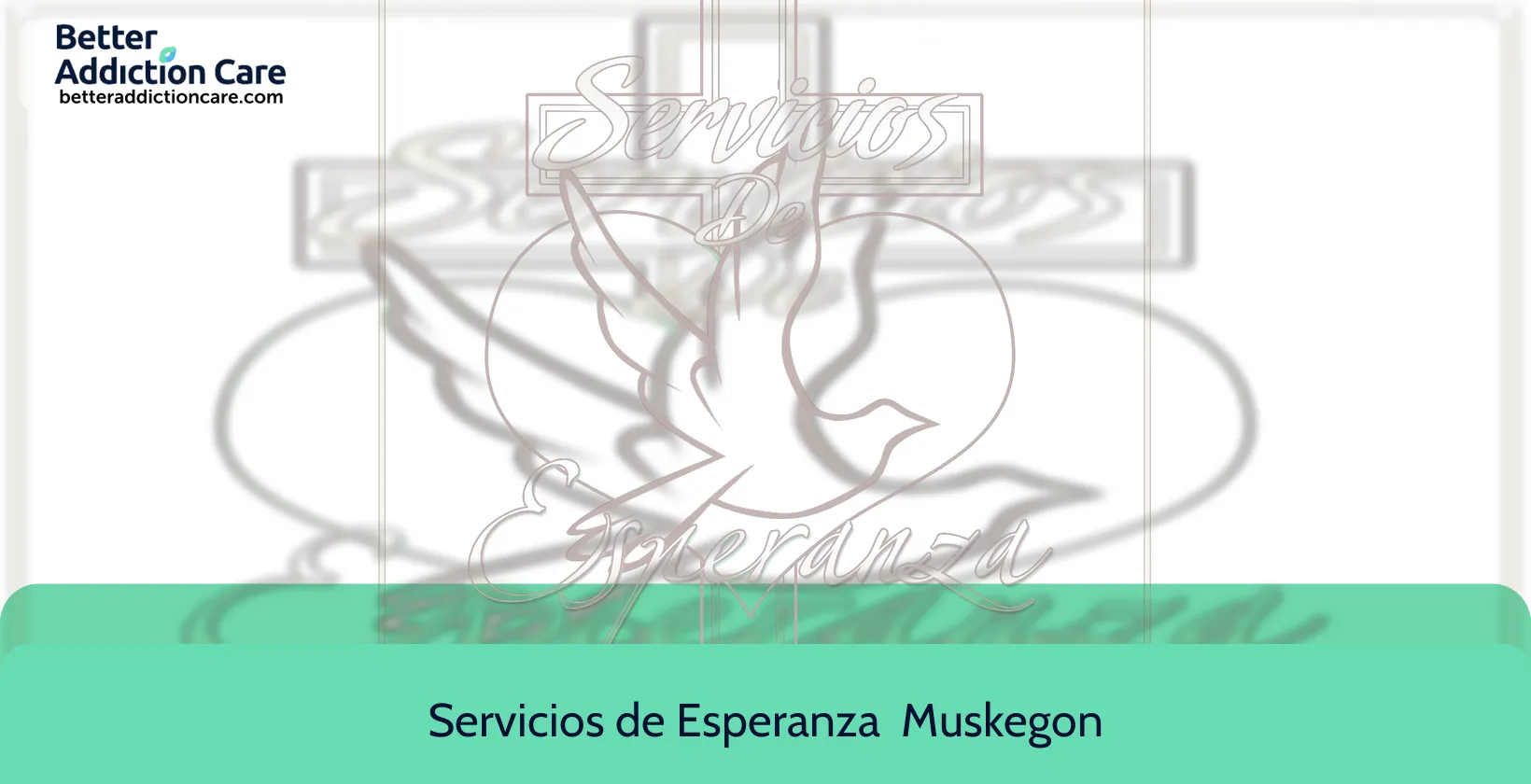Alcohol and Chemical Abuse Consultants (ACAC)

Overview
Alcohol and Chemical Abuse Consultants (ACAC) is a substance abuse treatment center for people seeking treatment near Muskegon County. As part of their treatment modalities for recovery, Alcohol and Chemical Abuse Consultants (ACAC) provides cognitive behavioral therapy, telemedicine/telehealth therapy, and substance use disorder counseling during treatment. Alcohol and Chemical Abuse Consultants (ACAC) is located in Muskegon, Michigan, accepting cash or self-payment for treatment.
Alcohol and Chemical Abuse Consultants (ACAC) at a Glance
Payment Options
- Cash or self-payment
- Medicaid
- Medicare
- Private health insurance
- Federal military insurance (e.g., TRICARE)
Assessments
- Comprehensive mental health assessment
- Comprehensive substance use assessment
- Outreach to persons in the community
- Screening for mental disorders
- Screening for substance use
Age Groups
- Children/adolescents
- Seniors
Ancillary Services
- Case management service
- Domestic violence services, including family or partner
- Mental health services
- Social skills development
- Transportation assistance
Highlights About Alcohol and Chemical Abuse Consultants (ACAC)
7.25/10
With an overall rating of 7.25/10, this facility has following balanced range of services. Alcohol Rehabilitation: 8.00/10, Drug Rehab and Detox: 7.54/10, Insurance and Payments: 6.00/10, Treatment Options: 7.46/10.-
Alcohol Rehabilitation 8.00
-
Drug Rehab and Detox 7.54
-
Treatment Options 7.46
-
Insurance and Payments 6.00
Accreditations
The Joint Commission:

The Joint Commission's addiction and behavioral health accreditation signifies a facility's commitment to high-quality care. It involves rigorous evaluations and assessments of clinical practices, ensuring effective, evidence-based treatment. Accreditation showcases a dedication to continuous improvement and patient safety, instilling trust among patients, families, and healthcare professionals. It's a mark of excellence in addiction and behavioral health care.
Treatment At Alcohol and Chemical Abuse Consultants (ACAC)
Treatment Conditions
- Substance use treatment
Care Levels
- Outpatient
- Outpatient methadone/buprenorphine or naltrexone treatment
- Regular outpatient treatment
- Aftercare
Treatment Modalities
- Cognitive behavioral therapy
- Telemedicine/telehealth therapy
- Substance use disorder counseling
- Trauma-related counseling
- Smoking/vaping/tobacco cessation counseling
Ancillary Services
Additional Services
- Pharmacotherapies administered during treatment
- Discharge Planning
- Drug or alcohol urine screening
Special Programs
- Clients who have experienced trauma
Get Help Now
Common Questions About Alcohol and Chemical Abuse Consultants (ACAC)
Contact Information
Other Facilities in Muskegon

7.37

6.90

6.86

6.56

6.82

6.86
DISCLAIMER: The facility name, logo and brand are the property and registered trademarks of Servicios de Esperanza - Muskegon Office, and are being used for identification and informational purposes only. Use of these names, logos and brands shall not imply endorsement. BetterAddictionCare.com is not affiliated with or sponsored by Servicios de Esperanza - Muskegon Office.
